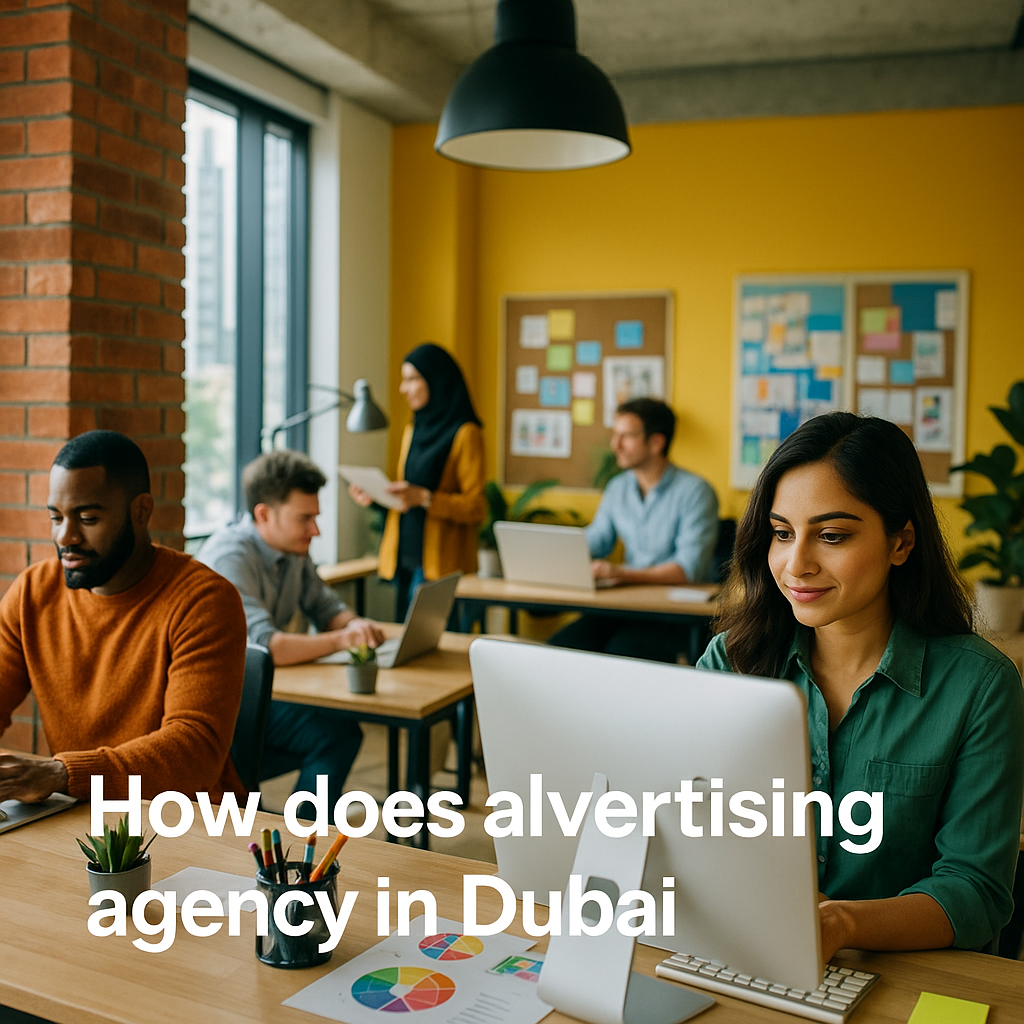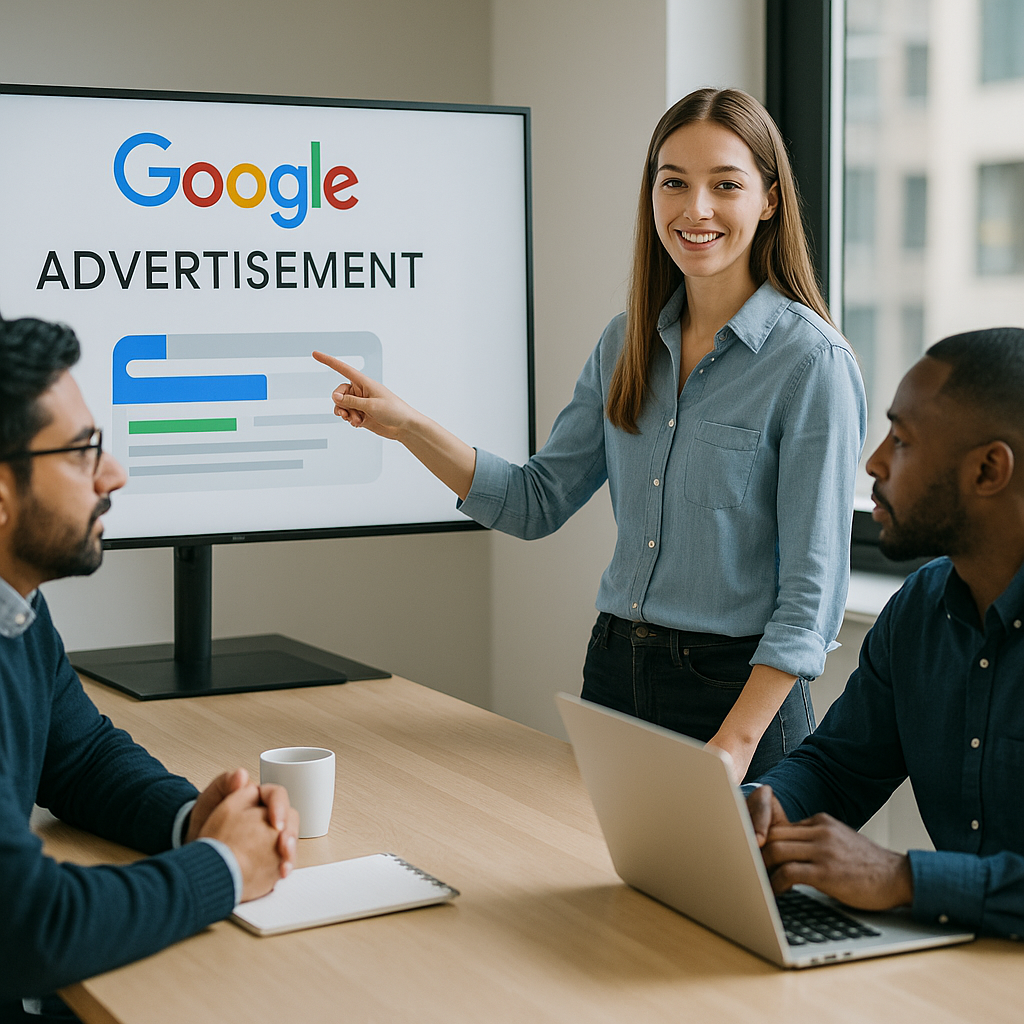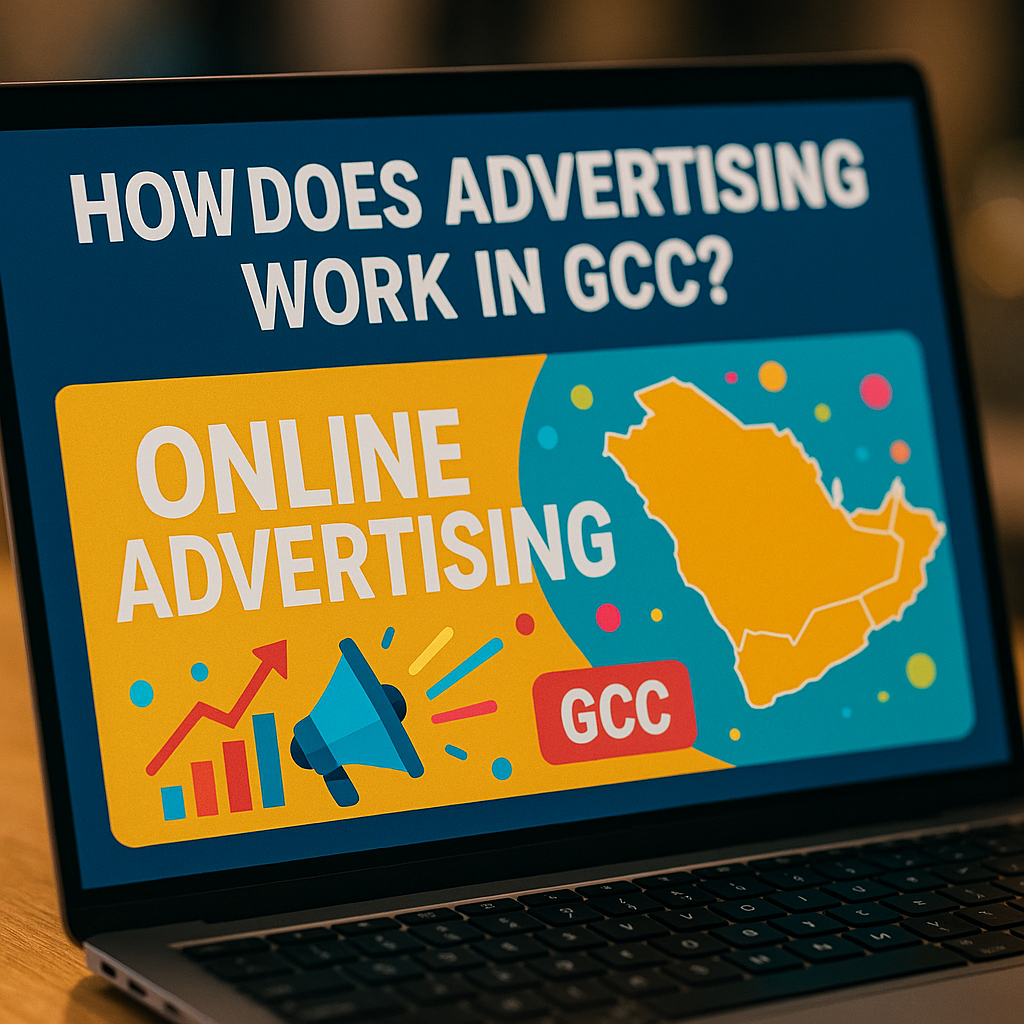How Does Advertising Work in Agencies?
Advertising is a crucial aspect of business strategy, particularly in the digital age. Understanding how advertising works in agencies can significantly enhance your marketing efforts. This article will delve into the mechanisms of advertising within agencies and explore how digital marketing drives growth and visibility for businesses in the region.
Understanding Advertising Agencies
Advertising agencies are specialized firms that create, plan, and manage advertising campaigns for businesses. Their expertise helps companies reach and engage their target audience effectively. These agencies employ various strategies, including digital marketing, social media campaigns, traditional advertising, and more.
The Role of Digital Marketing
In today’s world, digital marketing is at the forefront of advertising strategies. It encompasses a wide range of online marketing activities that can significantly influence consumer behavior. By utilizing platforms such as search engines, social media, and email, businesses can connect with their audiences in a more personalized manner.
Digital marketing helps businesses not only in reaching a larger audience but also in engaging with them through targeted advertisements. This enables agencies to craft messages that resonate with specific segments of the audience.
How Agencies Create Effective Advertising
Creating effective advertising requires a systematic approach. Here’s a closer look at how agencies achieve this:
1. Research and Analysis
Agencies begin by conducting thorough research to understand their clients’ goals, target audience, and market trends. Data analytics plays a vital role in this stage. Agencies leverage tools and techniques to gather insights that inform their strategies.
2. Strategy Development
Based on the research insights, agencies develop a marketing strategy that outlines how to achieve the client’s objectives. This could include a mix of content marketing, social media engagement, SEO practices, and more. For more in-depth information on content marketing, check out this informative resource.
3. Creative Development
Next, the agency’s creative team develops engaging content, which may include graphics, videos, and copy. This content is tailored to appeal to the target audience. Creativity is key here, as engaging advertisements are more likely to capture consumer attention.
4. Execution and Management
Once the strategy and creative elements are in place, the agency launches the campaign. This involves placing ads on various platforms and managing them to ensure optimal performance. Continuous monitoring allows agencies to make real-time adjustments based on performance metrics.
5. Performance Measurement
After the campaign is live, agencies track its performance. They analyze data related to engagement, conversion, and ROI (return on investment). This analysis informs future campaigns and helps agencies refine their strategies. Reviewing success factors and areas for improvement is crucial for ongoing growth and visibility.
Key Components of Digital Marketing in Agencies
Several key components make up digital marketing strategies within advertising agencies:
1. Search Engine Optimization (SEO)
SEO is the practice of optimizing web content so that it ranks higher in search engine results. Agencies work to implement effective keywords, enhance site speed, and improve user experience, driving organic traffic to their client’s websites.
2. Social Media Marketing
Agencies leverage social media platforms to build brand awareness and engage with the audience. This involves creating content tailored to each platform and interacting with users through comments and messages.
3. Content Marketing
Content marketing focuses on creating valuable content to attract and engage audiences. This can include blog posts, videos, infographics, and more. For insights into mastering content marketing strategies in the Middle East, read this article on how to master content marketing.
4. Pay-Per-Click Advertising (PPC)
PPC ads are a method where advertisers pay each time a user clicks their ad. This approach can yield immediate results and, when managed properly, can be a highly effective way of driving targeted traffic to a website.
5. Email Marketing
Email marketing remains one of the most cost-effective digital marketing strategies. Agencies develop email campaigns that nurture leads, inform potential customers, and keep current clients engaged.
Building Relationships Through Advertising
The most effective advertising strategies foster strong relationships between businesses and their customers. Agencies recognize the importance of building trust and loyalty through consistent and honest communication. This involves actively listening to customer feedback and adapting strategies accordingly.
Influencer Marketing
One emerging component of digital marketing is influencer marketing. Agencies partner with influential figures in various industries to promote their clients’ products or services. This approach can be particularly powerful in reaching younger audiences who trust peer recommendations over traditional advertising.
Case Studies and Success Stories
Many agencies showcase their successes through case studies. These documents illustrate how specific strategies led to positive outcomes for their clients. For example, a case study on how content marketing was utilized effectively can inspire other businesses to invest in similar campaigns.
Conclusion
In conclusion, understanding how advertising works in agencies is essential for businesses looking to thrive in today’s competitive landscape. By leveraging digital marketing strategies, businesses can significantly enhance their visibility and drive growth. As technology evolves, advertising agencies will continue to adapt, ensuring they provide clients with the most effective solutions tailored to their needs.
For further reading on the intersection of content marketing and sales in the Middle East, check out this insightful article on LinkedIn: Influence of Content Marketing on Sales in the Middle East.













